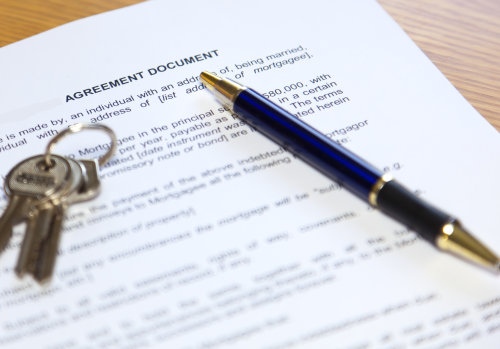When it comes to negotiating leases with landlords for commercial properties, tenants are firmly in the driver’s seat. The average length of a lease in the UK property market has fallen steadily over the past several years. In 2007, the average commercial tenant signed a lease for 6.2 years and by 2011, the average agreement was for 4.8 years.

SMEs were less inclined to commit to a long-term lease than larger enterprises. The average lease for this type of company was 4.1 years in length at the end of 2011.
Even high-end retail store owners were more skittish about signing a long-term lease in 2011. Business owners were agreeing to leases with terms averaging 7.6 years in length, which was down slightly from the previous year’s lease length of 7.7 years. In 2007, the average lease for this type of shop was 9.7 years.
In South Wales, the average lease length tends to be shorter than in other parts of the UK. One reason may be that most of the available commercial property for rent is suitable for SMEs, and these business owners have traditionally looked for more flexibility when negotiating the terms of a commercial lease.
Larger corporations leasing office space in large centres such as London and Birmingham are willing to sign a long-term lease if it means they can lock in the cost at a preferred rate. In South Wales, fewer commercial tenants fit this profile, which means there is less demand for a long-term commercial lease.
The current property market means that landlords are more willing to negotiate with tenants to get (and keep) their properties rented. SMEs are especially interested in options which offer them flexibility, and signing a short-term lease may give a business owner the confidence to set up a shop or expand an existing business. This type of arrangement can benefit both parties.
Previous Post
William Hill Given Green Light for Gambling in the US
This publication has inspired me to continue writing on my own blog